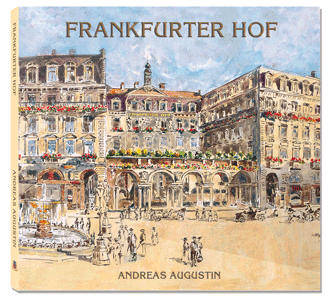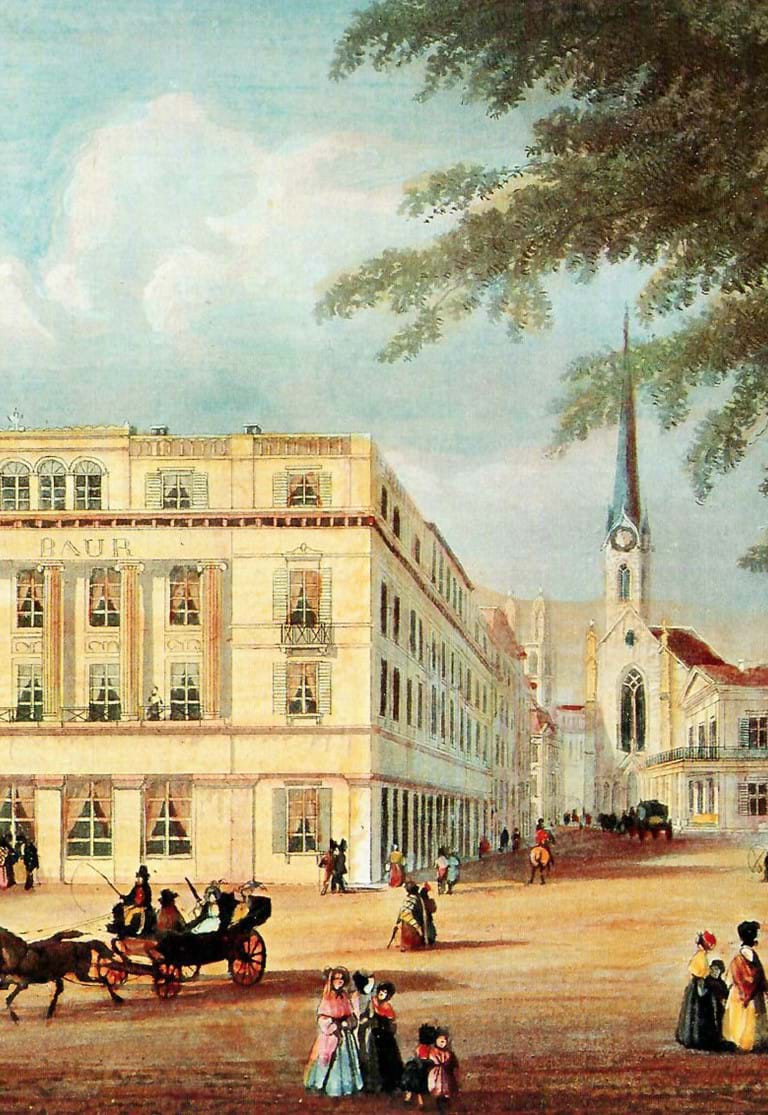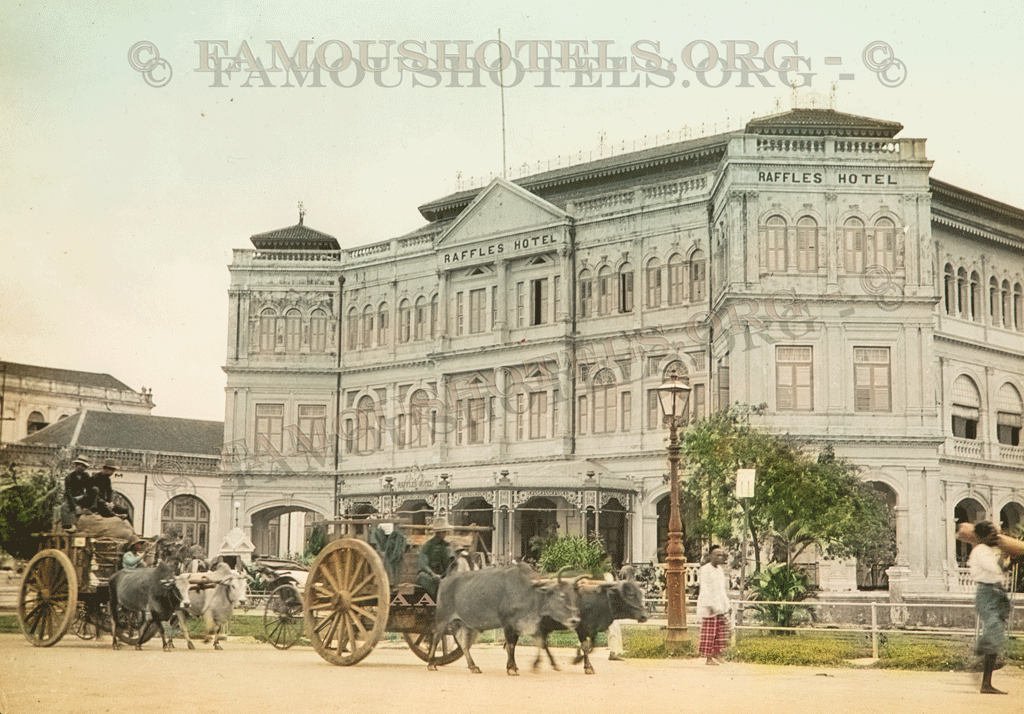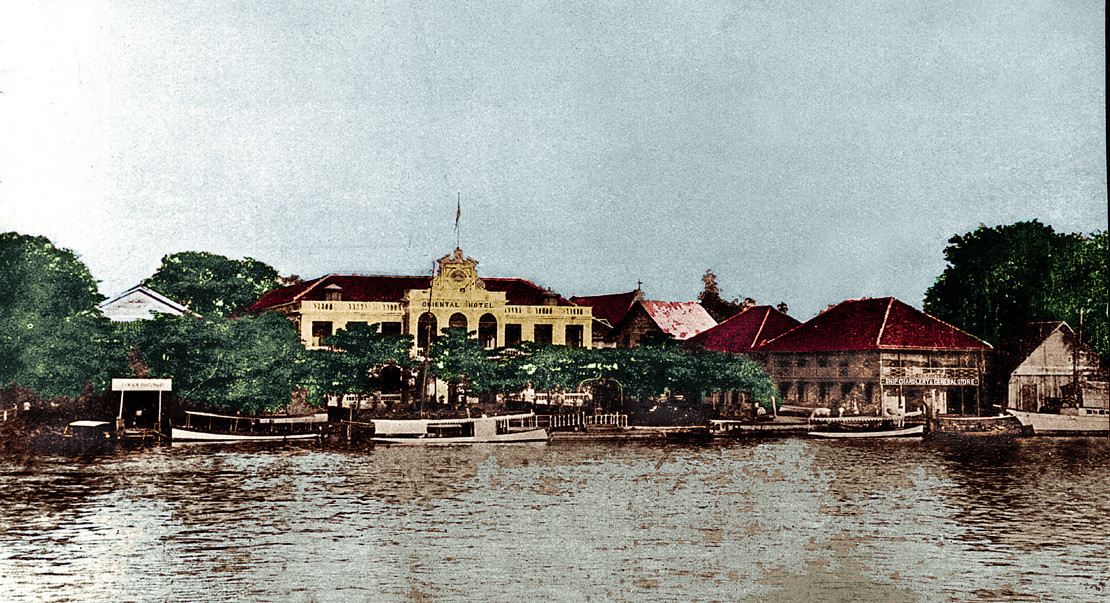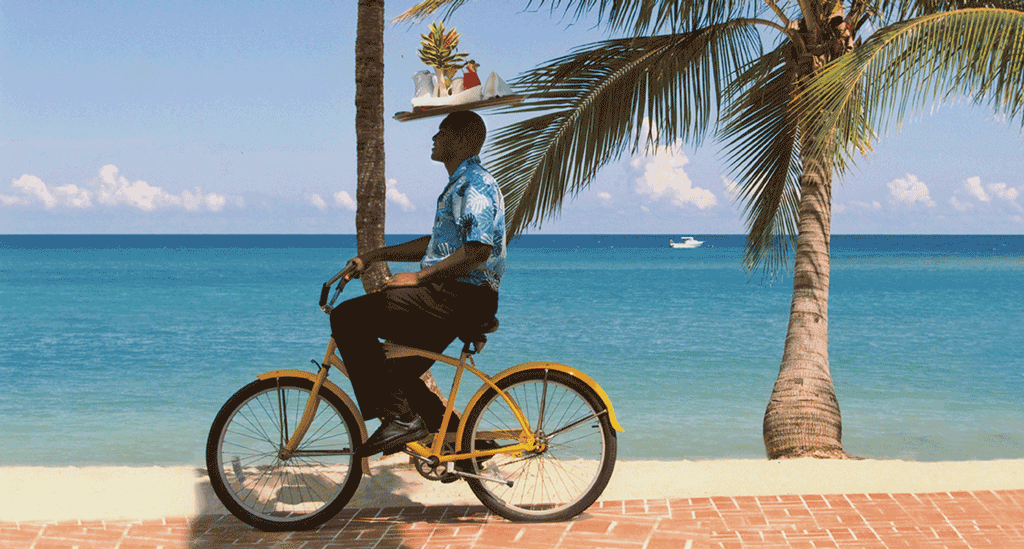Savoy and popular music
( words)
Picutre yourself back into the 1920s. All over the world 'dancing' was the major impetus in popular music, especially the popularity of the Fox Trot did the trick.
Dancing was the force driving hotels to provide venues for bands and for places where patrons might dance. However, as in the USA, it was the development of Radio Broadcasting that may have done the most to establish dance bands as national institutions. On March 26, 1923, Marius B. Winter's band was the first to broadcast (using the attic of Marconi House in London as a studio).
The first major influence on British Popular music was London's Savoy Hotel. In 1922 dances were broadcast weekly from the hotel.The first major influence on British Popular music was London's Savoy Hotel. The two main bands to consider are the New York Havana Orchestra and the Savoy Orpheans. As early as 1916, a group known as the Savoy Quartette had taken up residence at the Savoy, and remained resident until 1920. But, their music was quite different from the music that was to sweep the world starting about 1920.
In 1919, Bert Ralton an American Saxophonist, left Art Hickman's band in New York City, went to Havana, Cuba, and formed his own band. About 1920/1, he arrived in England, and, in March of 1922, his New York Havana Band played at London's Coliseum. A few months later they opened at the Savoy Hotel as the Savoy Havana Band. On April 23, 1922, they first broadcast from a BBC studio, and 5 months later became the first dance band to have regular, weekly broadcasts remoted from the Savoy Hotel.
The next important date in British music occurred in 1923 when Debroy Somers formed his Savoy Orpheans Orchestra. Rudy Vallee was still there, as was Billy Thorburn on piano, and now Carroll Gibbons. It should be noted that the New York Havana Band, or Savoy Havana Band as they came to be called, were indeed quite popular, but they never achieved the same fame as the Savoy Orpheans. When Somers left in 1926, Cyril Newton became the leader. Carroll Gibbons became leader in 1927. (And, the American, Frank Guarente, who had been touring with his "New Georgians Orch", joined the band.) Both of these fine orchestras were resident at the Savoy until 1927, when William de Mornys, the agent for both the bands, withdrew them due to the Savoy's refusal in allowing them to play other engagements.
Carroll Gibbons and Teddy Sinclair became co-leaders of "The "Original Savoy Orpheans" that now included trumpeters Max Goldberg and Frank Guarente. While in 1928, Reg Batten became the leader of "The New Savoy Orpheans" that included American's Sylvester Ahola on trumpet and Irving Brodsky on piano.
The "Orpheans" history then becomes somewhat 'cloudy'. A band calling themselves 'The Original Savoy Orpheans' went on tour to Germany (even recording in Berlin), and, upon their return, disbanded. A group calling themselves 'The New Savoy Orpheans' became the "pit orchestra" for the theatrical production called "Topsy and Eva", and they too disbanded upon that production's closing. Then in 1929, Ben Evers got himself tied in a legal knot when he formed a stageband using the 'Savoy Orpheans' name and was forced to disband. In 1931, first Ben Loban and then in 1932 Jack Hart both attempted to revive the name. However (in a 1932 decision), the Savoy Hotel won exclusive rights to the name "Savoy Orpheans". One final note. In 1931, Carroll Gibbons led a band, resident at the Savoy, called "The Savoy Orpheans", but other than the name, this band had little in common with any of the prior groups.
American musicians were playing in British bands during the 1920's. In the Orpheans, one could find Frank Guarente, Sylvester Ahola, the Starita Brothers and Rudy Valley. While Fred Elizalde's Savoy Hotel band included Chelsea Quealey, Bobby Davis, Adrian Rollini and Fud Livinston.
Also as might be expected, from circa 1920 through the 1930's, American bands frequently visited England. In 1922 or 1923, the Bar Harbor Orchestra was in England. In 1923, Paul Specht was in residence at Lyons Corner House, and in 1925, Specht played the Kit-Cat Club. In the summer of 1924, The Princeton Triangle Band was playing at the New Princes Restaurant in the Picadilly Hotel. In late 1925, the Kit-Cat club brought in the Ted Lewis Orch. That same year, both Ted Lewis and Vincent Lopez led their bands at the Hippodrome. In 1926 and 1927, Paul Whiteman was in England. A Paul Specht Canadian Orch, fronted by Orville Johnson, played the Kit-Cat club in 1926, and Abe Lyman was at the same Kit-Cat in 1929, and also played the London Palladium. Gus Arnheim's band played the Savoy in 1929, while in 1930, Hal Kemp's Orchestra (with Bunny Berigan on trumpet) played at both the Cafe de Paris and the Coliseum.
While The Savoy Orpheans (all of them!), the New York (Savoy) Havana Band, and the Fred Elizalde Orchestra are important because they were the real pioneers of British popular music, never-the-less there were many others. During this same period, many hotels and night clubs were becoming interested in presenting danceable music for their patrons.
Source: //nfo.net/brit/britovu.html

